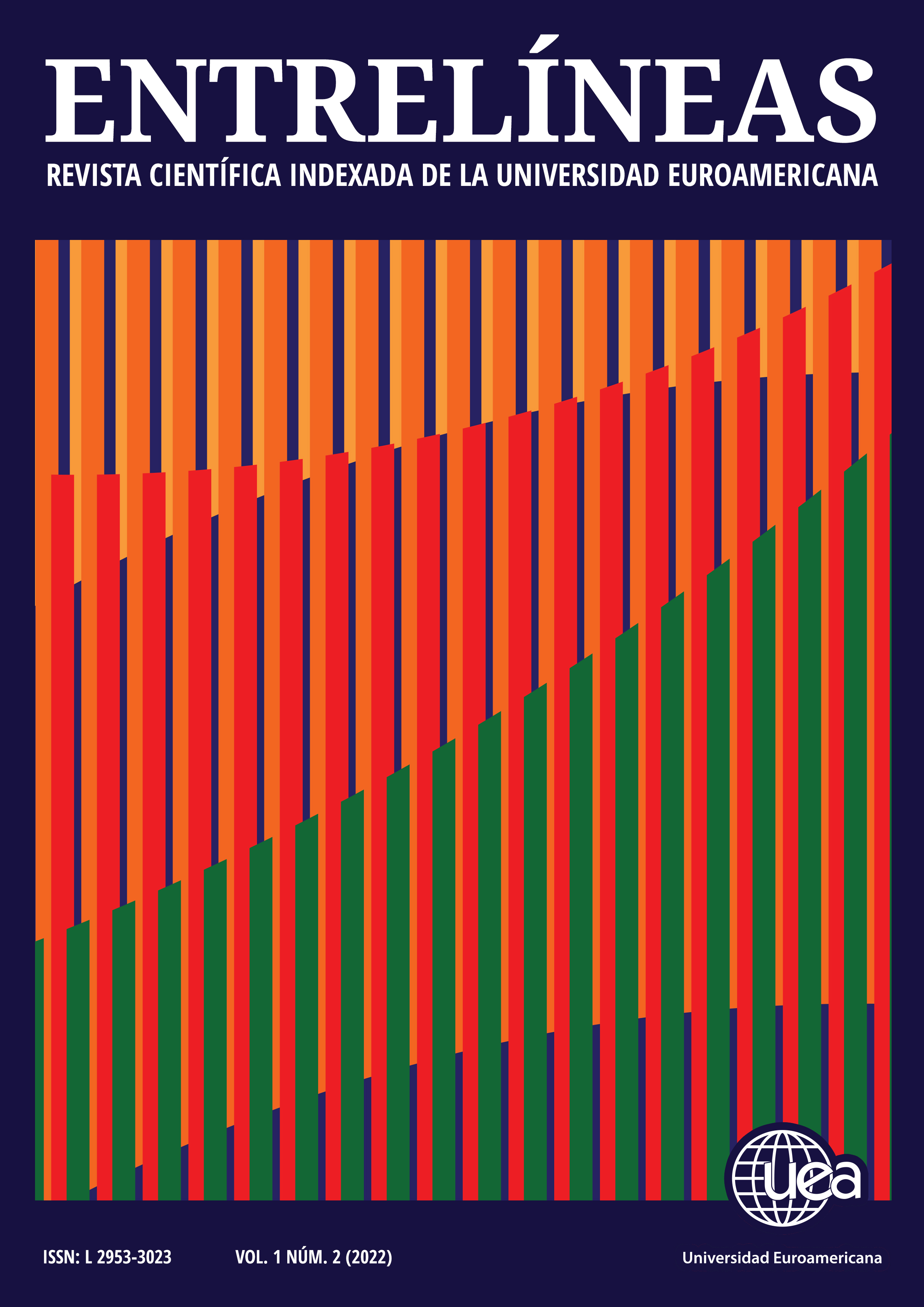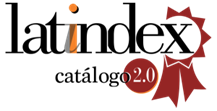Directive Management as a Tool for Educational Quality Assurance
DOI:
https://doi.org/10.56368/Entrelineas125Keywords:
executive management, educational quality, quality assurance, accreditation, evaluationAbstract
The objective of the research was aimed at proposing a managerial management plan as a tool to ensure educational quality at the Euroamerican University, during the 2019-2021 period. The study was based on the contributions of Pozner (2016), Bazurdo (2016), Díaz (2015), among others. Methodologically, the research was projective and was contextualized within the quantitative positivist approach; its design was characterized as non-experimental, transactional and field. The population was made up of 5 members of the management staff, for which a population census was applied. The technique used for data collection was observation through a survey and as an instrument, a questionnaire structured by 63 items, with a scaling of five response alternatives: (5) Always; (4) Almost always; (3) Sometimes; (2) Hardly ever; (1) Never. Expert judgment was used to validate the instrument. To calculate the reliability, the Cronbach's Alpha Method was used, using the SPSS software, as for the validity calculation, through the Reliability Analysis route. In relation to the processing of the results, the Descriptive Statistics method was used, specifically the techniques: Measures of central tendency and variability, through the mean or arithmetic mean (X) and the standard deviation. To determine the relationship between the variables, the Spearman's Rho correlation method was applied, obtaining a high value of 0.75, which indicates a strong positive correlation, which with the support of the foundations of the study, allowed to build a consolidated proposal, that allows to integrate the processes and functions of the directive management, within a framework that will contribute through the management of phases, to the assurance of the quality of this important institution.
Downloads
References
Amtmann, C (2013), Nuevas demandas y nuevas respuestas de la universidad. ¿Una nueva crisis? CINDA.
Bazurdo, D. (2016). Modelo de gestión educativa para la prevención y resolución de conflictos escolares en el grado cuarto de educación primaria de la IE Las Villas De Soacha. [Tesis en opción al título de Magister]. Universidad Libre de Colombia.
Berales, P. (s/f). Gestión escolar: El desafío de la función directiva. Instituto de Formación Docente Continua Nº 715. http://www.colombiaaprende.edu.co/html/productos/1685/articles-193360_archivo5.pdf
Cejas, A. (2009). Gestión Educativa. Revista Integra Educativa versión On-line ISSN 1997-4043. Rev. De Inv. Educ. v.2 n.3.
Chávez, N. (2007). Introducción a la investigación Educativa. 1era, Taller Arts. Gráfica, S.A.
Díaz, R. (2015). Factores condicionantes de la calidad en la educación universitaria peruana. LEX N° 15 - AÑO XIII - 2015 - I.
Hernández, R.; Fernández, C. Baptista, P. (2016). Metodología de la Investigación. Editorial Mc Graw Hill Educación.
Hurtado, J. (2012). Metodología de la investigación Holística. SYPAL.
Méndez, C. (2007). Metodología: y diseño y desarrollo del proceso de investigación. Editorial Mc Graw Hill.
Pozner, P. (2006). La supervisión en la educación básica para impulsar la mejora continua. Colección Iniciativas para mejorar la educación básica y normal: Seis años de experiencias de las comunidades educativas del Distrito Federal.
Pozner, P. (2011). Gestión escolar. http://www.calidadeducativa.edusanluis.com.ar/2011/11/gestion-escolar.html
Suarez y Romero (2015). Gestión educativa. Editorial Limusa.
Tamayo, P.; Tamayo, R. (2008). La estructura de la ciencia. Fondo de Cultura Económica.
Tyler, L.A. y Bernasconi, A., (2010). Evaluación de la Educación Superior en América Latina: Tres Órdenes de Magnitud; Development Discusión Paper N700. http:// www.incae.ac.cr/ES/clacds/investigacion/pdf/hiid700-cen1201.pdf
Downloads
Published
Issue
Section
License

This work is licensed under a Creative Commons Attribution-NonCommercial 4.0 International License.
You are free to:
- Share — copy and redistribute the material in any medium or format
- Adapt — remix, transform, and build upon the material
- The licensor cannot revoke these freedoms as long as you follow the license terms.
Under the following terms:
- Attribution — You must give appropriate credit , provide a link to the license, and indicate if changes were made . You may do so in any reasonable manner, but not in any way that suggests the licensor endorses you or your use.
- NonCommercial — You may not use the material for commercial purposes .
- No additional restrictions — You may not apply legal terms or technological measures that legally restrict others from doing anything the license permits.










